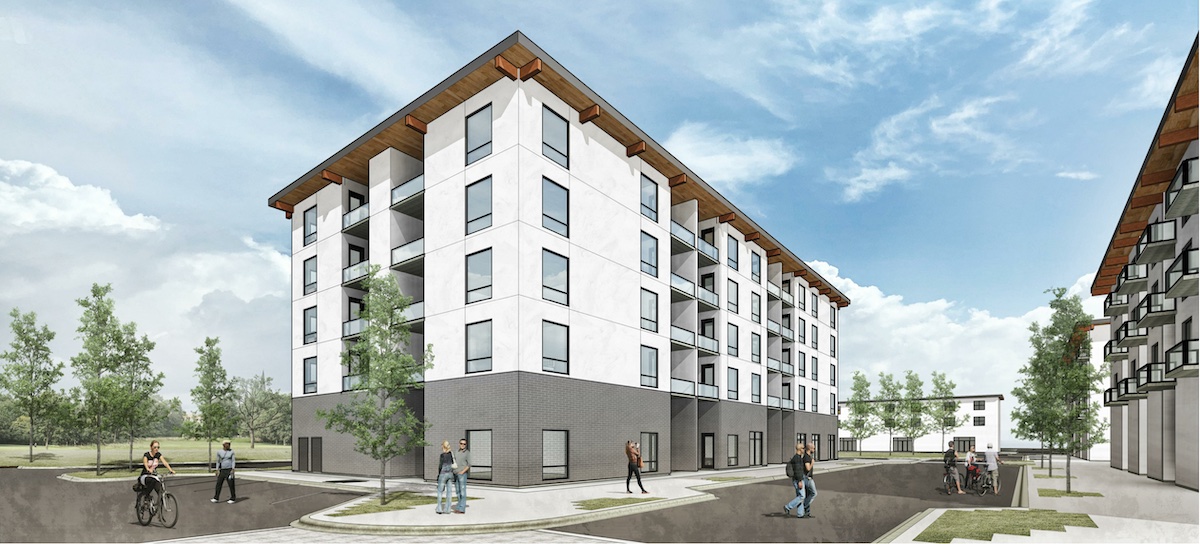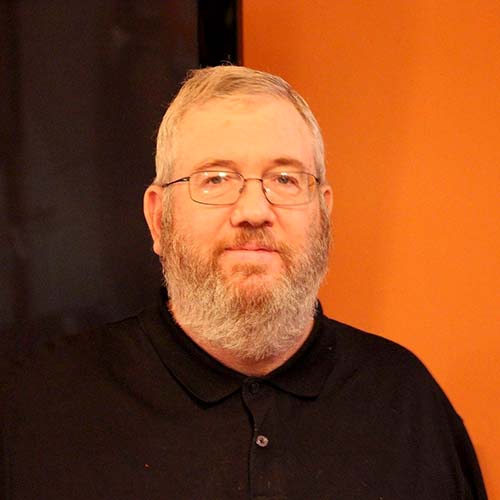
- Details
- By Mark Fogarty
- Real Estate
Michigan’s tribes will now be guaranteed access to the Low Income Housing Tax Credit program as the state’s housing finance agency, the Michigan State Housing Development Authority (MSHDA), has implemented a yearly tribal set aside.
Just four of the state’s 12 federally recognized tribes have ever been allocated credits from the program, which dates back to the 1980s, with the first successful American Indian LIHTC award coming just in the last couple of years.
The Grand Traverse Bay Band of Ottawa and Chippewa Indians has become the first recipient of tax credits under the tribal set aside. It was awarded $638,539 in credits for a planned project of 36 new apartments in Garfield Township near Traverse City in the northern Lower Peninsula of Michigan.
Want more news like this? Get the free weekly newsletter.
Since those tax credits are awarded for each of 10 years, the Grand Traverse Bay Band may realize around $5 million in total proceeds toward the project, since tax credits are sold to investors at about 80 cents on the dollar currently. The tribe is partnering with Selfridge, N.D.-based RT Hawk Housing Alliance for the project, which is called GTB LIHTC #1.
RT Hawk describes itself as a 100-percent American Indian-owned business founded in 2016 and specializing in LIHTC consulting for Indians. Wilbur Red Tomahawk is the company’s president and chief executive.
Other Michigan tribes that have received LIHTC allocations, albeit before the tribal set aside was established, include the Little Traverse Bay Bands of Odawa Indians, the Sault Ste. Marie Tribe of Chippewa Indians, and the Little River Band of Ottawa Indians. The Sault Tribe also received an LIHTC allocation a dozen years ago but then returned it without using the funding.
The largest allocation to date has gone to Little Traverse Bay Bands, which was awarded $1.3 million in credits to build 50 units of housing in Petoskey. (Both the Sault and Little River tribes received $1 million.)
Little Traverse stands to realize more than $10 million as the credits are sold. The total development cost for the tribe’s project is about $12 million.
Tanya Gibbs, president of Odawa Economic Development Management Inc., said additional funding sources to complete the project will come from a Federal Home Loan Bank Affordable Housing Program award and a loan from a tribal bank.
The 50 housing units would be a fourth building at Victories Square, a 22-acre piece of land the tribe leased to OEDMI to develop. The site was once home to the tribe’s first casino, which it later moved to a different location about a mile away.
To date, OEDMI has already completed a $24 million commercial development on the Victories Square site, including a Marriott Courtyard Hotel and two other buildings with commercial tenants.
Anticipated plans for the five-story residential building include 33 one-bedroom units, 12 two-bedroom units and five studio units with floor plans ranging from 640 to 1,052 square feet. The development also includes 1,200 square feet of lobby space and more than 2,800 square feet of community space with a fitness center and community rooms.
Renters will need to have incomes between 30 percent and 80 percent of area median income (AMI) to qualify. Ordinarily, LIHTC AMI limits are capped at 60 percent, but using income averaging on lower AMIs has allowed some of the units to be at 80 percent.
Construction should begin this year and be completed next year, Gibbs said.
Gibbs noted a pervasive lack of affordable housing in Petoskey, a popular tourist destination along the shores of Lake Michigan in the northwestern part of Lower Peninsula. Petoskey could use “thousands” more affordable units, according to Gibbs.
“There’s a huge need,” she said.
To that end, the tribal entity plans to have more housing at the site in the future.
“OEDMI does intend for additional housing units at Victories Square. Right now, we’re contemplating market-rate units, but that could change,” Gibbs added.
Kansas City, Mo.-based Travois Inc. serves as the tribe’s consultant on the housing project. Casey Cline, senior project manager, said an investor in the Victories Square tax credits is in the works and should be set “in the next month or so.”
She detailed a drawn-out process that took Travois a decade to see a successful Indian tax credit deal done in Michigan. The Sault Ste Marie tribe was awarded an allocation in 2009, after applying three times, but ultimately decided not to use it.
Another potential Sault project was denied three times by MSHDA in 2013 and 2014, and the Little River Band tried twice, unsuccessfully, in 2018 and 2019.
The Little Traverse Bay Bands allocation was successful in 2021, but only after being denied once, Cline said. It did not earn enough points to win an allocation, but “the award was under MSHDA’s small discretionary pool known as the Strategic Investment category where MSHDA can decide to award projects that may not score well enough under its typical scoring criteria.”
A big obstacle for tribal projects is the points system MSHDA uses to score applications. It is prejudiced against tribal areas and rural areas in general, Cline said, noting points are given for access to public transportation and retail centers that just don’t usually exist in Indian Country. Other point-gathering amenities like grocery stores and market-rate housing projects also don’t reflect realities on most reservations.
LIHTC is a cumbersome program that works despite having many moving parts. Since it has to do with taxes, the credit is a program of the Internal Revenue Service. However, the program is administered by state housing finance agencies, which receive tax credits to allocate on a per capita basis. Developers then apply for the credits. Once they are awarded, the credits need to be sold, so developers hire capital markets firms called syndicators to find investors for the credits.
A critical component of the LIHTC, though, is that it raises investor equity in housing projects. The allocations are not loans and do not need to be paid back.
Travois and others worked with MSHDA on its points system, and Cline said it has made some favorable adjustments for tribes, including the tribal set aside. (California also has a tribal set aside for its LIHTC program.)
Still, the difficulty encountered by tribes to date in accessing the program begs the question: Should more Michigan tribes apply for LIHTC allocations?
“I think LIHTC is underused by tribes and should certainly be used more,” said Gibbs, who’s also a partner at Rosette LLP, a majority Native American-owned law firm with offices across the country, including in Grand Rapids, Mich.
“It’s a difficult process to navigate though, so tribes need to find good consultants, attorneys and other advisers to help guide them through the process,” Gibbs said. “There’s also a lot of work to be done. The MSHDA 2022 process is better in some ways than it was in the past, but it still favors urban areas over rural tribal communities.”
